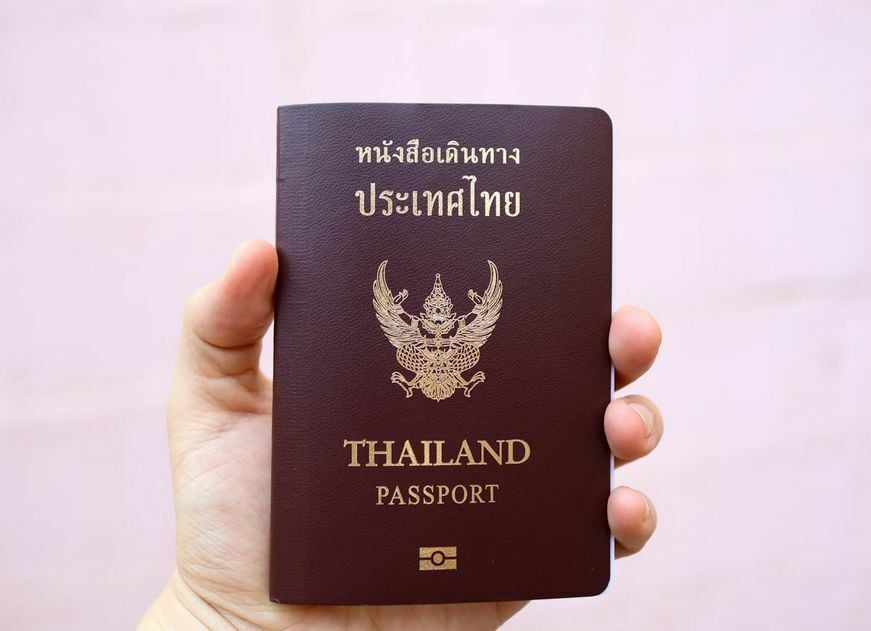Permanent Residence: Most Frequently Asked Questions
Find the answers to your questions about Thai permanent residency.
Find the answers to your questions about Thai permanent residency.
Not everyone can apply and obtain permanent residency in Thailand. You must fulfil one of the following criteria to be eligible to receive a Thailand Permanent Residence Permit:
Employment category: You have held a Thailand work visa and work permit for at least three years before submitting your application, and:
Business category: You have been an executive officer and a signatory of a business registered in Thailand for at least one year, and:
Investment category: You have invested at least 3 million Baht in a limited or public company in Thailand, a Thai estate enterprise’s security corp, a Thai state-issued security corp, or the Thai stock market.
Expert category: You have at least a Bachelor’s Degree or higher education and work in a role that requires you to work in Thailand for at least three consecutive years.
Family category: You have been married to a Thai national. Or you are the parent or child of a Thai citizen.
Other backgrounds and circumstances will be considered by the Thai Immigration Department on a case-by-case basis.

All applications for a Thai permanent residency must be made at a Royal Thai Immigration Office. The application process is as follows:
Gather documents: Start by collecting the required documents, which can vary depending on your eligibility category. It’s best to begin early as applications are only accepted during specific periods.
Submit application: During the application window (usually October-December), submit your documents at the local immigration office. Prepare for an interview, a Thai language test, fingerprint scans, and application fees.
Application processing: While your application is reviewed (which can take several months), you’ll receive a 180-day extension of stay.
Approval and registration: Upon approval, you’ll receive a house registration book (blue book). Register your residence at the local Amphur and apply for an alien book (red book) – similar to a Thai ID card – at the police station (requires annual renewal).
Your Thai permanent residency never expires. However, it can be revoked. Note that you still have to apply for a re-entry permit if you leave and re-enter Thailand.
The documents required to apply for permanent residency depend on your specific circumstances and category. Therefore, it is best to contact the immigration office to ask them which documents are required. You can also talk to an experienced lawyer to help you with the process.
In general, you will have to prepare the following documents:
The process of obtaining a Thai permanent residency might be long and tiring, but the benefits you can enjoy will make up for it.
The processing fee for Thailand permanent residence is 7,600 Baht. If the immigration office approves your application, you will have to pay another fee for the Permanent Residence Permit Certificate:
It’s best that you work with an experienced lawyer to help make the whole process easier.
Since the immigration department does the process and consideration on a case-by-case basis, it can be hard to tell how long the whole process can take. The application submission itself can take about 2 to 4 weeks. Then, you will have to get through an interview, which may take about 1 to 4 months to process. Then, it may take several months for the immigration department to process and approve your application. In general, the whole process of Thai permanent residency application can take up to one year.
Some of advantages are as follows:
While obtaining permanent residency in Thailand offers numerous advantages, there are also several downsides to consider:
If you are considering applying for permanent residency in Thailand, it’s crucial to weigh the benefits and drawbacks carefully to determine if it is the right choice for you.
Yes, it is possible to lose your permanent residency in Thailand under certain circumstances. Here are some example reasons why your residency might be revoked:
It’s crucial to be aware of these potential consequences and to adhere to all Thai immigration laws in order to maintain your permanent residency status.